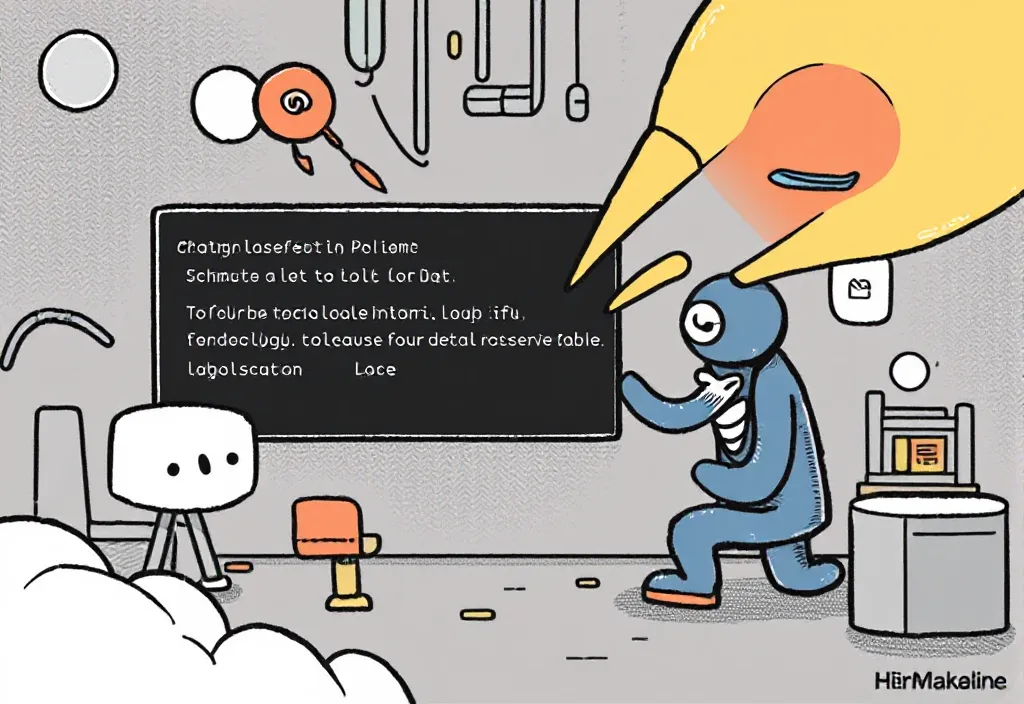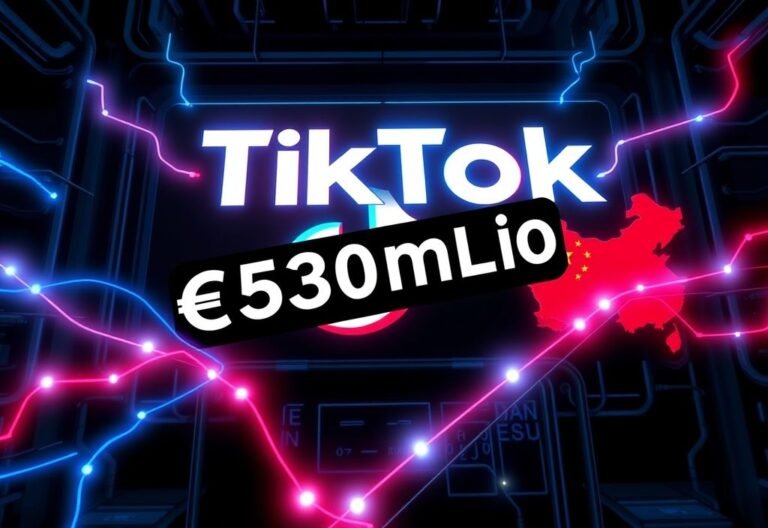The Prompt Secrets That Leave ChatGPT Looking Confused

1. Introduction to Industrial Engineering
Google has rolled out a guide to Prompt engineering — and now even your grandma can squeeze masterpieces out of ChatGPT.
Key components:
- Clear instructions: Defining the task without ambiguity.
- Contextualization: Providing background information.
- Formatting: Using templates, separators, and labels.
- Iterations: Optimizing queries step by step based on model responses.
2. Basic methods
Zero-Shot Prompting
Query without examples.
Example: “Generate a summary of the article.”
Few-Shot Prompting
Request with examples to demonstrate the expected format.
Example: *Entrance: “AI in medicine: prospects and risks.
“Exit: “The article discusses the use of AI for diagnostics…”
3. Advanced Context Management Techniques
System Prompt
Setting the general role of the model.
Example: “You are a technical writer specializing in AI.”
Contextual Prompt
Clarification of the task within the framework of previous interactions.
Example: “Based on the discussion above, suggest three ways to improve the code.”
Role Prompt
Assigning a model to a specific role.
Example: “Answer as a senior developer with experience in Python and machine learning.”
4. Advanced Strategies
Chain of Thought (CoT) Step-by-step reasoning for complex problems.
Example: “Explain the solution to the problem step by step: What is the period of revolution of Mars around the Sun?”
ReAct Framework Integrate reasoning and actions with external tools.
Example: “Calculate the project price using the current ETH rate. [Action: CoinGecko API request].”
5. Setting up generation parameters
Temperature
- Low values (0.1–0.3): Deterministic responses.
- High values (0.7–1.0): Creative and varied conclusions.
Top-K and Top-P
- Top-K=50: Limit the selection to the 50 most probable tokens.
- Top-P=0.9: Dynamic token selection based on cumulative probability.
6. Best practices
- Use structured examples: 3-5 examples increase accuracy by 40% (Google data).
- Experiment with formats: JSON for structured data. Bulleted lists for comparisons.
- Control the length of the output: “Keep your answer to 100 words.”
- Avoid vague instructions: Incorrect: “Write something interesting.” Correct: “Generate 5 theses on the use of AI in logistics.”
7. Application outside the text
Code generation
Example request: “Write a Python function to parse CSV files.”
Data Analysis
Example request: “Visualize the data from the attached DataFrame as a graph.”
Multilingual support
Example request: “Translate technical documentation from English to Chinese.”





